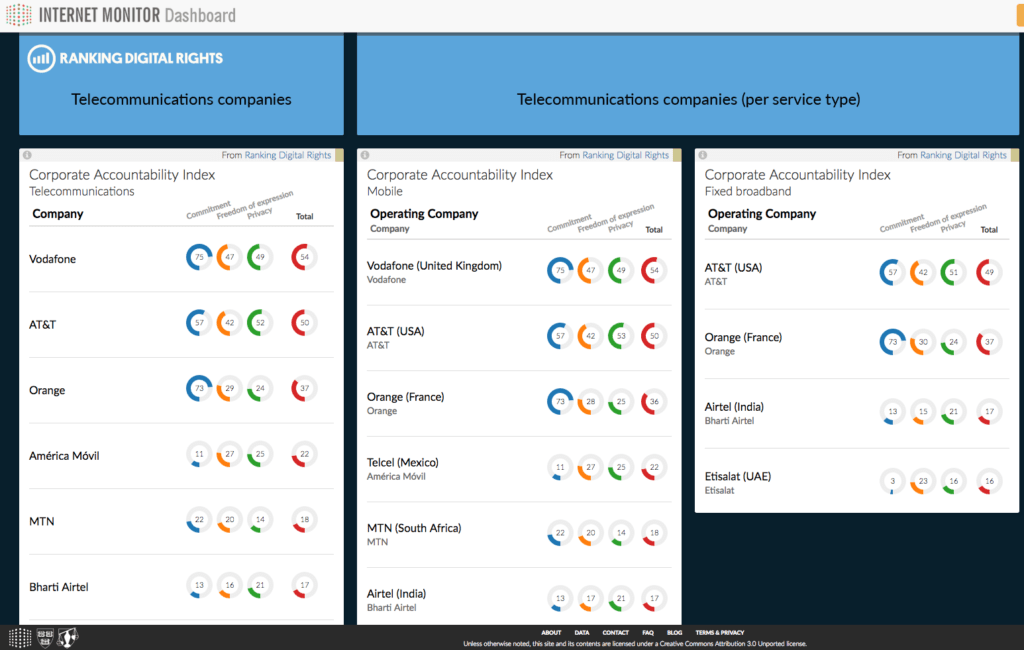15 Sep What do we mean by mobile ecosystems?
People around the world increasingly access the Internet through handheld devices we call “smartphones.” These devices are of course much more than telephones: they are handheld computers, photo and video camera—the gateways to data stored in remote servers, GPS-enabled maps, tracking devices, and more. Companies that produce these devices are gatekeepers for countless types of software applications that are downloaded via their app stores that have serious implications with both free expression and privacy.
RDR has therefore expanded the 2017 Index to include Apple (iOS), Google (Android) and Samsung (implementation of Android)—makers of mobile devices and software products that we call “mobile ecosystems.”
But what do we mean by “mobile ecosystems”? Our definition is: “the indivisible set of goods and services offered by a mobile device company, comprising the device hardware, operating system, app store and user account.”
Broadly speaking, consumers can choose between two competing product families for mobile Internet access, each of which is centered around a private company: Google and Apple (there are other mobile ecosystems (ie Windows and Blackberry) but these companies currently represent a small share of the market).
The two product families differ in many ways. While all components of Apple’s iOS ecosystem are firmly under the company’s control, the Android ecosystem is more fragmented. The Android operating system is open-source, which allows a variety of manufacturers to adapt it for their own devices. And unlike with iOS, there are a number of Android app stores from which users can download apps.
However Google and Apple are alike in one key aspect: with either product, users must create a user account with the company, they are limited in their choice of hardware (Google offers more options but it still excludes iPhones and Windows phones); they must commit to a particular operating system; and they will generally install new software (apps) through the app store associated with the company in question. Crucially, users can’t mix and match, pairing (for example) Apple hardware with the Android operating system, and installing apps from both the Apple and Google App Stores. They must commit to one set of products and services, which are linked through the user account (Google account or Apple account).
In addition to its core elements (hardware, operating system, app store, and user account), each ecosystem involves more-or-less optional services for which it is possible to mix and match between Google, Apple, and other providers, or not to use at all: email, cloud storage, office software, web browsers, music subscription services, messaging apps, and more. Such services are evaluated separately.


